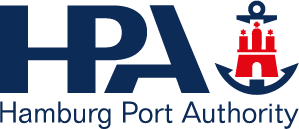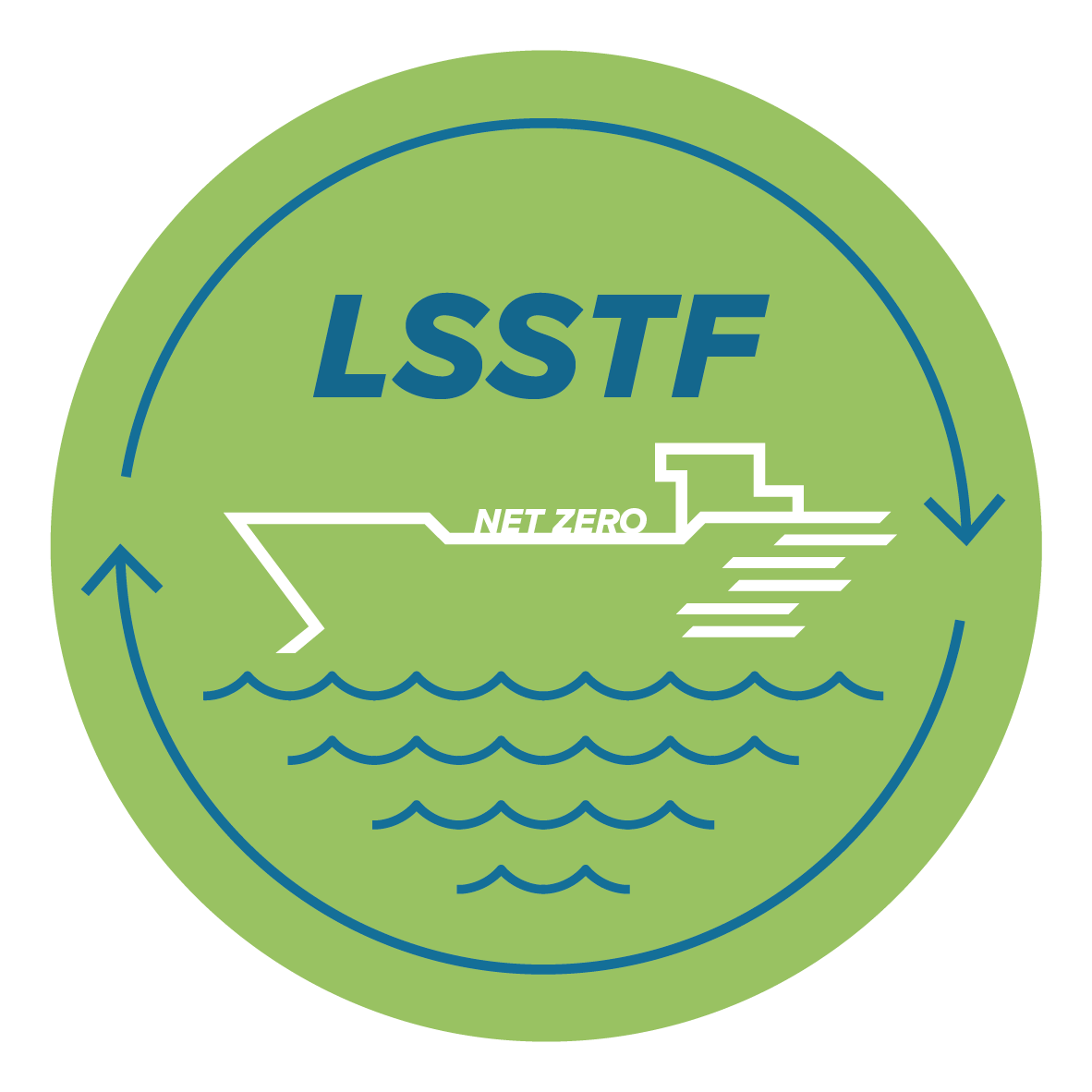Making ship propulsion more efficient
Session 2 “Ship efficiency technologies” deals with ways to increase efficiency.
Making ship propulsion more efficient is high up on the agenda of the industry sector, politics and society. Backed by regulations and legislations such as the by the IMO decarbonisation target that aim at reducing international shipping contribution to GHG by at least 50% and by latest announcements of industry leaders to turn their fleets CO2-neutral, there is a strong need for novel technologies that increase ship efficiency.
A number of efficiency measures to reducing ship energy are available or under development, such as ship hull form optimisation, speed reduction, route optimisation, solar power technologies or optimisation of conventional propulsion devices to only name a few. Led by Johannes Oeffner, the project coordinator of AIRCOAT, this session will focus on air lubrication technologies as well as wind assisted propulsion solution and their combination.
Historically being the driver, nowadays the use of wind power in merchant shipping is rising continued interest, as it offers various solutions for different types and sizes of ships by using the forces of nature. A significant improvement to any ship can be achieved by reducing its frictional resistance, for instance achieved with active air lubrication through micro bubbles or air cavity devices. A novel passive air lubrication technology is under development by the AIRCOAT project using specialised self-adhesive hull surface that were inspired by nature. Combining various ship efficiency technologies is the aim of the new H2020 project CHEK, which as consequence could provide a holistic solution with even higher benefit, necessary to significantly reduce the greenhouse gas emissions of the global shipping fleet.

“Besides reducing ship emissions via alternative fuel solutions, the sector needs to open up to innovative futuristic technologies (and their combination) in order to make shipping more sustainable and efficient.”
Johannes Öffner, Fraunhofer-Center für Maritime Logistik und Dienstleistungen (CML) and Session 2 Chair



